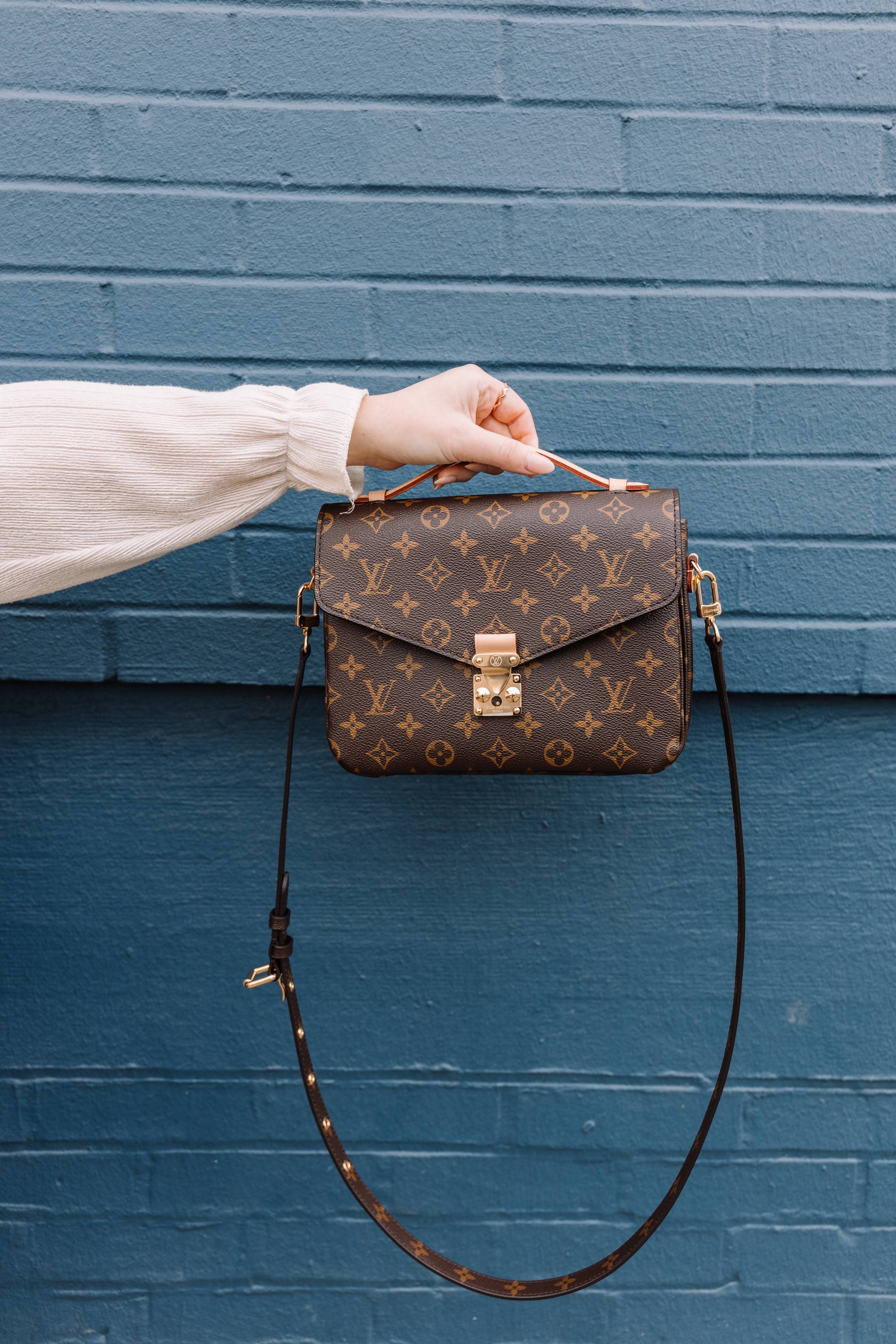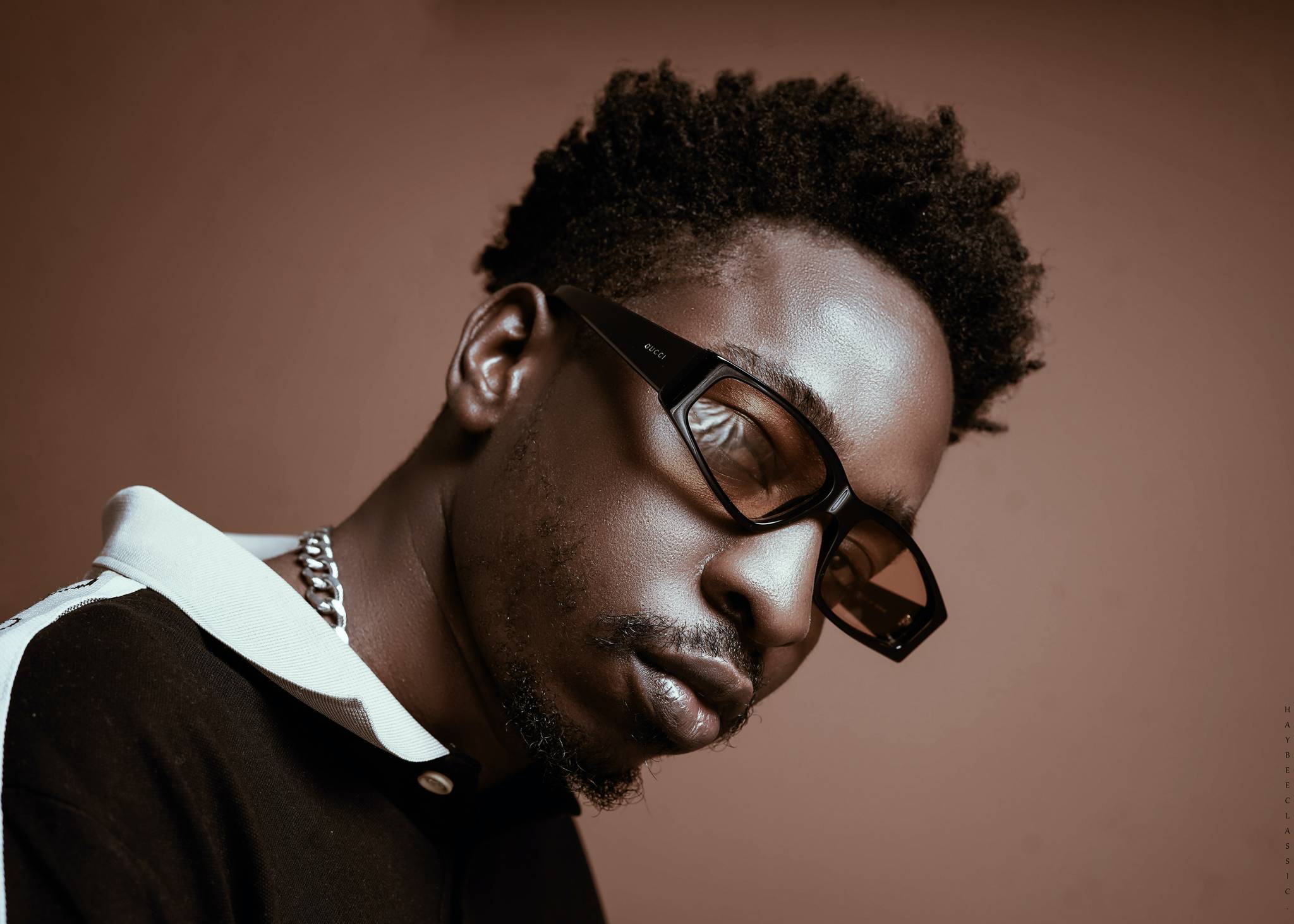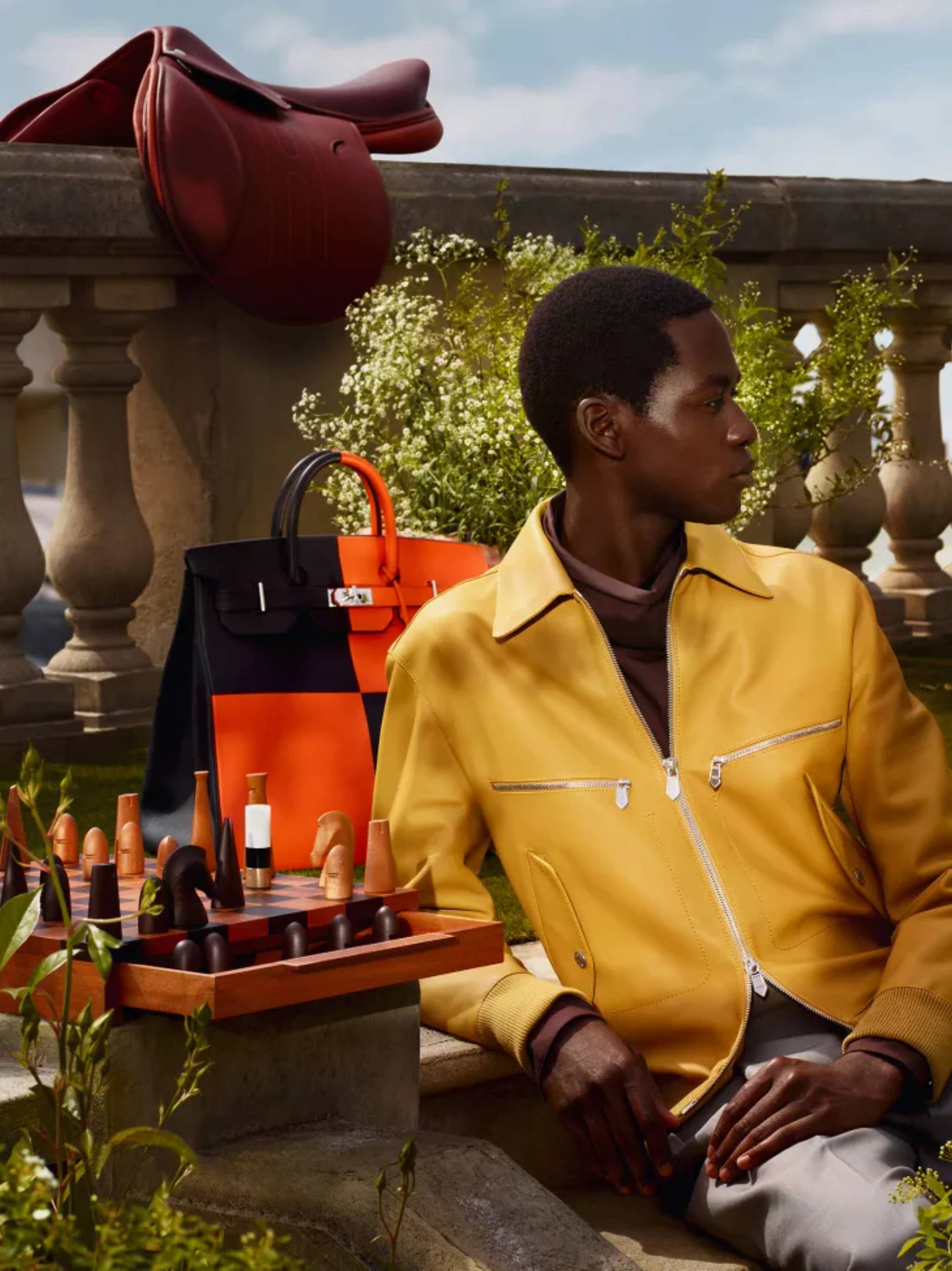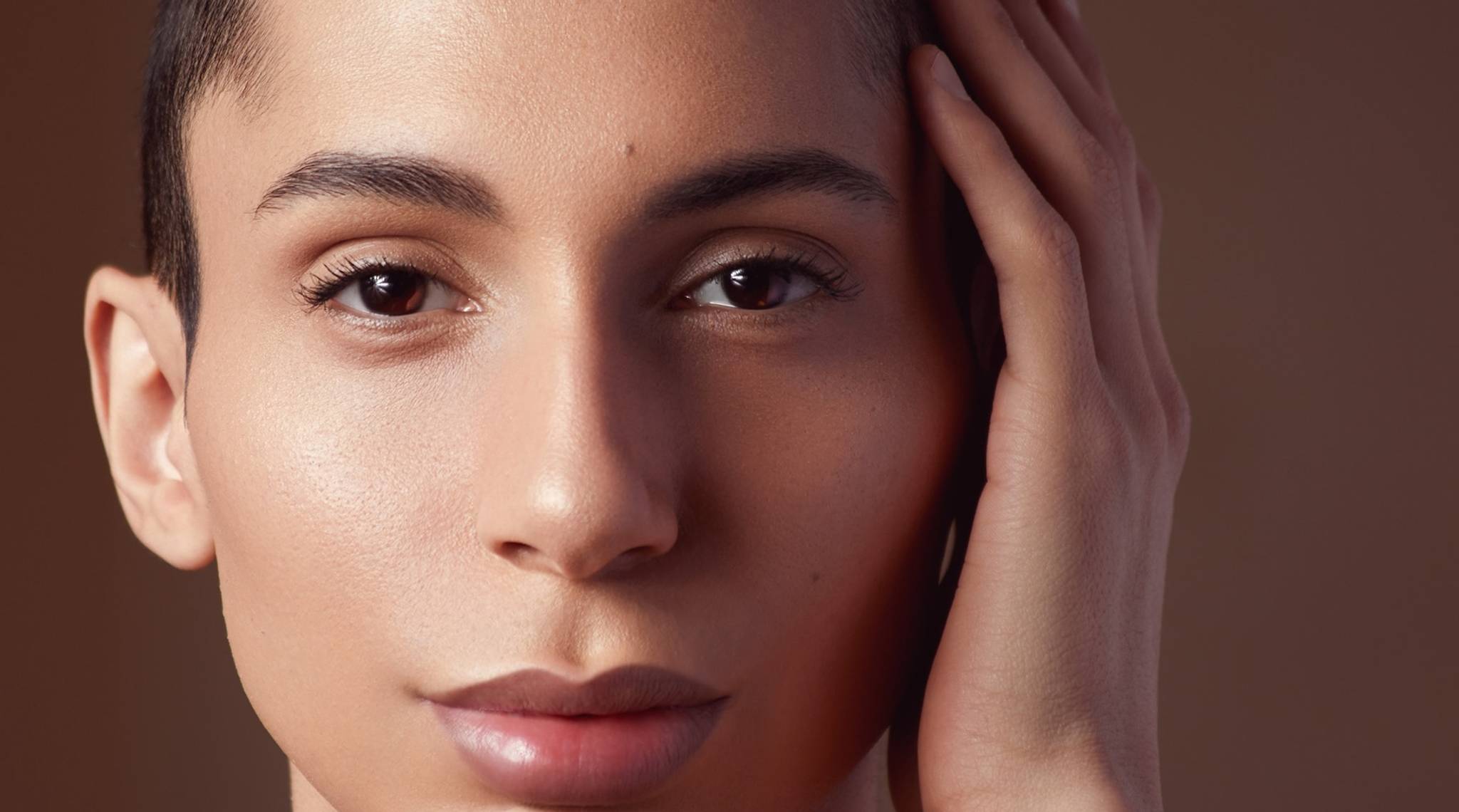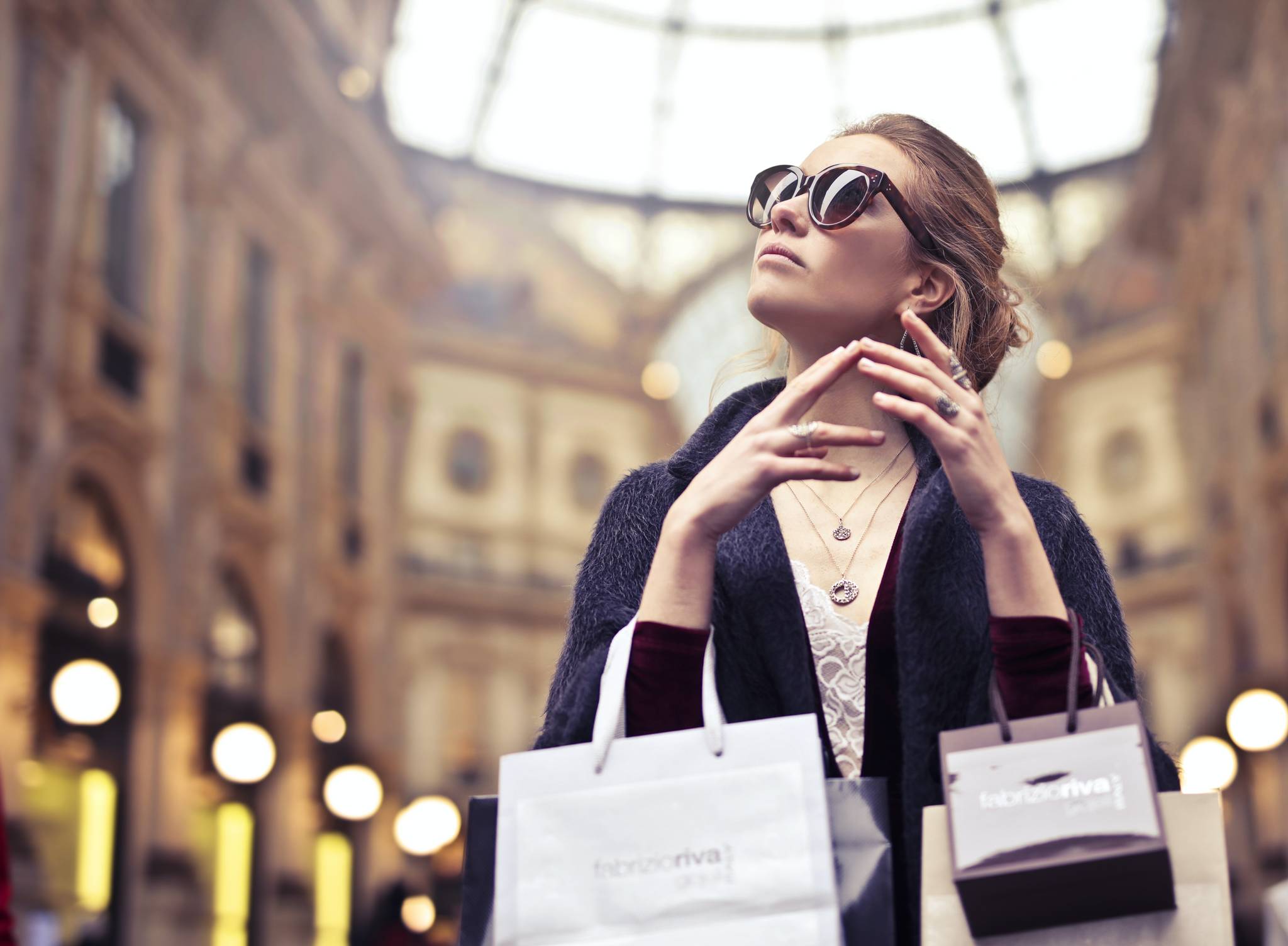
In an effort to jump on the sustainability train, luxury brands are partnering with resale platforms that allow consumers the chance to buy and sell pre-owned goods. Amid growing awareness of greenwashing and eco-criticism, resale is one way to combat fashions' harmful impact on the environment.
Capitalizing on the growth of the second-hand luxury market, many brands are opting to roll out partnerships with resale platforms that allow them to have more control over secondhand sales of their goods. What Goes Around Comes Around (WGACA) is a New York City-based luxury reseller that opened a digital storefront through Amazon's luxury stores platform selling high-ticket items such as Louis Vuitton and Chanel handbags, and Alaïa is getting into the resale game by partnering with French pre-loved platform Re-SEE.
In 2021 the global luxury resale market was valued at $32.61 billion and is likely to reach $51.77 billion by 2026, and pre-owned clothing makes up 25% of the average secondhand consumer’s wardrobe. Around 75-80% of luxury consumers may still buy strictly new items, but attitudes towards owning pre-owned luxury are changing.
As luxury consumers seek to adopt more environmentally friendly fashion habits, many are shunning premium and high-end goods in favour of buying something pre-owned - and brands are taking note. Rolex is establishing a certified pre-owned program for its watches beginning in Europe, and the eBay Luxury Exchange has opened in NYC where consumers can have their jewellery, handbags, and watches appraised and exchanged for "closet currency".
